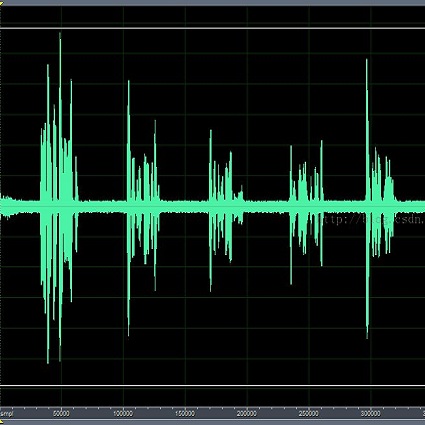Supervised models for speech enhancement are trained using artificially generated mixtures of clean speech and noise signals. However, the synthetic training conditions may not accurately reflect real-world conditions encountered during testing. This discrepancy can result in poor performance when the test domain significantly differs from the synthetic training domain. To tackle this issue, the UDASE task of the 7th CHiME challenge aimed to leverage real-world noisy speech recordings from the test domain for unsupervised domain adaptation of speech enhancement models. Specifically, this test domain corresponds to the CHiME-5 dataset, characterized by real multi-speaker and conversational speech recordings made in noisy and reverberant domestic environments, for which ground-truth clean speech signals are not available. In this paper, we present the objective and subjective evaluations of the systems that were submitted to the CHiME-7 UDASE task, and we provide an analysis of the results. This analysis reveals a limited correlation between subjective ratings and several supervised nonintrusive performance metrics recently proposed for speech enhancement. Conversely, the results suggest that more traditional intrusive objective metrics can be used for in-domain performance evaluation using the reverberant LibriCHiME-5 dataset developed for the challenge. The subjective evaluation indicates that all systems successfully reduced the background noise, but always at the expense of increased distortion. Out of the four speech enhancement methods evaluated subjectively, only one demonstrated an improvement in overall quality compared to the unprocessed noisy speech, highlighting the difficulty of the task. The tools and audio material created for the CHiME-7 UDASE task are shared with the community.
翻译:暂无翻译


